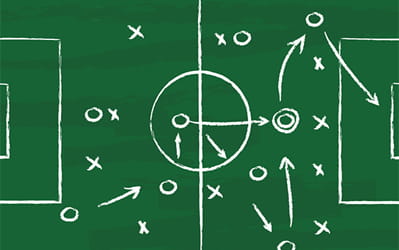Quick Overview of the Play - Do not automatically assume that liability insurers are entitled to every piece of paper generated in the underlying action. That may not be the case.
The best policyholder advocates do not automatically produce or send to their liability insurers every piece of paper generated in the underlying action. There is an unfortunate and incorrect presumption by some - insurers in particular - that liability insurers are entitled to anything and everything generated in the underlying action. But that isn’t true.
To be fair, some courts have held that, in certain instances, insurers are entitled to privileged documents and work product generated in connection with underlying lawsuits. See, e.g., Waste Mgmt., Inc. v. Int’l Surplus Lines Ins., 144 Ill. 2d 178, 193 (Ill. 1991). But that is not the law everywhere.
A recent decision issued by a New Jersey federal court cements this notion. In Formosa Plastics Corp. v. ACE Am. Ins., the insurer argued it was “entitled to the insured’s communications with its defense counsel in the underlying litigation” for four reasons. No. 20-cv-14338, 2023 WL 6633852, at *4 (D.N.J. Oct. 12, 2023). First, because it agreed to defend. See id. Second, because the policyholder shared some but not all protected documents. See id. Third, because the insurer claimed the policyholder may have breached the policy’s cooperation clause and thus the “at issue” doctrine applied. See id. at *6. Fourth, because to withhold such documents would be “unfair,” since, according to the insurer, the policyholder “was contractually obligated to provide” the documents. See id.
The court rejected all four arguments and held the policyholder had no production obligation. Along the way, the court held that “the common interest doctrine is not a forced sharing rule” (id. at *5), and that there is no “blanket fairness exception to the attorney-client privilege.” Id. at *6.
Practically speaking, one factor that must be assessed by policyholders faced with this situation is whether they must rely on privileged communications from the underlying action to support their claims or defenses. In Formosa, the policyholder noted it would not rely on such materials. The calculus may be different, and a policyholder may want to disclose protected materials, if it must do so to support a claim or defense. But that is not always the case.
All said, the message here is simple: do not automatically assume that liability insurers are entitled to every piece of paper generated in the underlying action, as that may not be and often is not the case.
